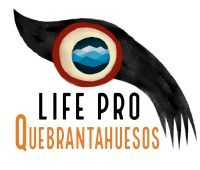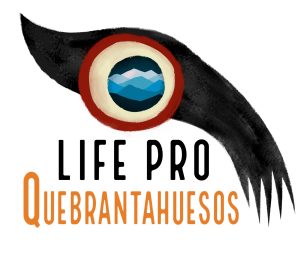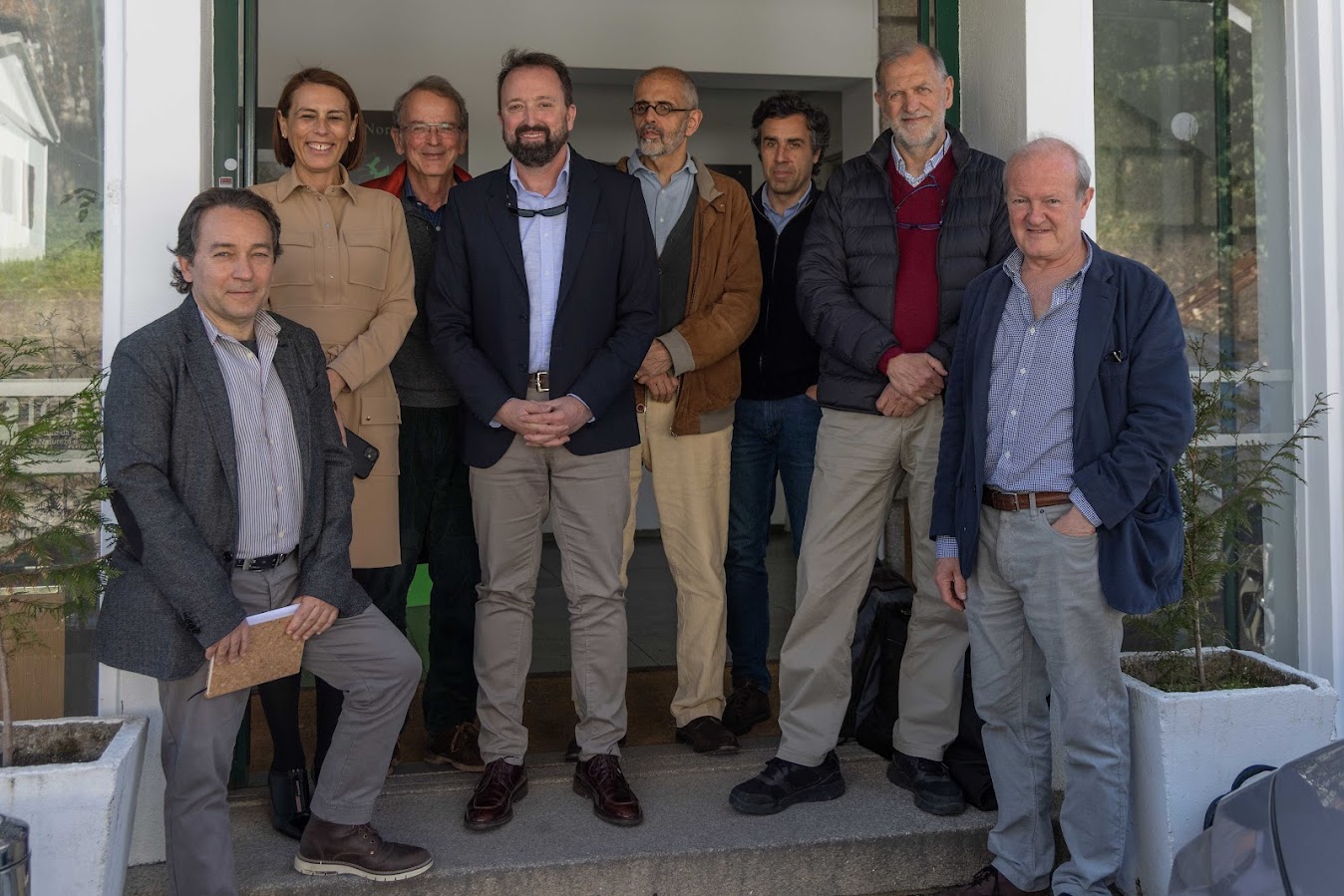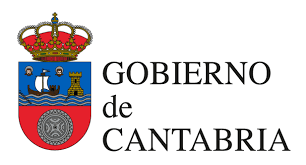Partners
The project operates in two countries: Portugal and Spain. It is articulated in one coordinating beneficiary and two associated beneficiaries:
COORDINATING BENEFICIARY
Foundation for the Conservation of the Bearded Vulture (FCQ)
The Foundation for the Conservation of the Bearded Vulture is a non-profit organisation was established in 1995 to promote the conservation of the Bearded Vulture and its habitats. Its headquarters are in Zaragoza (Aragon) and it has an office in Asturias, with a total staff of 15 people.
Since 1995 it has been commissioned by the Diputación de Aragón (where the most important population in the EU is found) with the Bearded Vulture Recovery Plan, which includes:
– Population monitoring
– Reduction of threats (poisoning, electrocution, collision, disturbance, hunting, etc.).
– Directs and manages the Bearded Vulture Rescue and Breeding Centre (CRIAH).
– Since 1999, he has been a member of the Bearded Vulture Working Group of the Ministry for Ecological Transition (MITECO), which coordinates the Strategy for the Conservation of the Bearded Vulture in Spain,
– 1998-2005, developed several projects to extend the distribution of the species to other mountains in its former range (Maestrazgo, Moncayo and Picos de Europa), and also implemented risk reduction actions with a view to its potential reintroduction (LIFE98 NAT/E /005296, LIFE02 NAT/E/8624, Government of Cantabria 2008-09). Between 2013-18 the Bearded Vulture has been successfully reintroduced in Picos de Europa (LIFE NAT/ES/000322).
– It has extensive experience in promoting local rural development linked to nature conservation (e.g. the ProBiodiversity Guarantee mark, which won the EU Natura 2000 award in 2020).
– Manages a biological station (Pyrenees) and two visitor centres (Pyrenees and Cantabrian Mountains), both receiving 100,000 visits/year.
– Transfers knowledge to science, participating in more than 30 research projects with universities and different research centres.
ASSOCIATED BENEFICIARIES
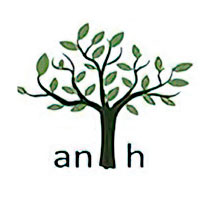
ANYH: Associação Nature and Man Portugal
The Associação Nature and Man Portugal is a NGO whose mission is to promote nature conservation, rural development and biodiversity through the development of technical and scientific activities, the promotion of environmental education and sustainable tourism.
The statutory activities include:
- a) Land management for nature conservation;
- b) To develop technical and scientific activities;
- c) To promote communication and dissemination in the field of the environment and, in particular, of its activities;
- d) To encourage the participation of companies and public and private institutions in actions related to the purpose of the association;
- e) To promote coordination with other international institutions pursuing the same objectives;
- f) To promote and organise courses, congresses, studies and research projects.
The Ministry for Ecological Transition and the Demographic Challenge of Spain (MITECO)
General Directorate of Biodiversity, Forests and Desertification.
MITECO is responsible for proposing and implementing government policy, among others, for the protection of natural heritage and biodiversity, including the drafting of state legislation and the coordination of actions at the national level. Royal Decree 500/2020 develops the basic organic structure of the Ministry for the Ecological Transition and the Demographic Challenge and establishes the main areas of competence on which the project acts:
It corresponds to the Ministry for the Ecological Transition and the Demographic Challenge:
The proposal and execution of the Government policy in the fight against climate change, the prevention of pollution, the protection of natural heritage, biodiversity, forests, the sea, water and energy for the transition towards a productive model and greener social.
The development of state legislation on water and coasts, climate change, protection of biodiversity, environment, forests, meteorology, weather and science.
The elaboration and development of the strategy and policy of the Government before the demographic challenge, as well as the proposal and execution of the policy of fight against the depopulation.
The bearded vulture has suffered a drastic reduction in its populations in Spain during the 20th century, which has led to its area of distribution being limited solely to the Pyrenees. The application of the Conservation Strategy has contributed to the increase in its population in recent decades. In this way, it has completely colonized the Pyrenees and has extended to the eastern end of the Cantabrian Mountains and the Basque Mountains. However, it continues to present important conservation problems and low reproductive productivity. This makes it necessary to apply reintroduction programs to favor its establishment outside the Pyrenees, such as those in the Sierra de Cazorla and the Cantabrian Mountains. After 10 years of implementation of the Strategy and thanks to the effort made with this proposal, it will be updated, adapting to the current reality.
